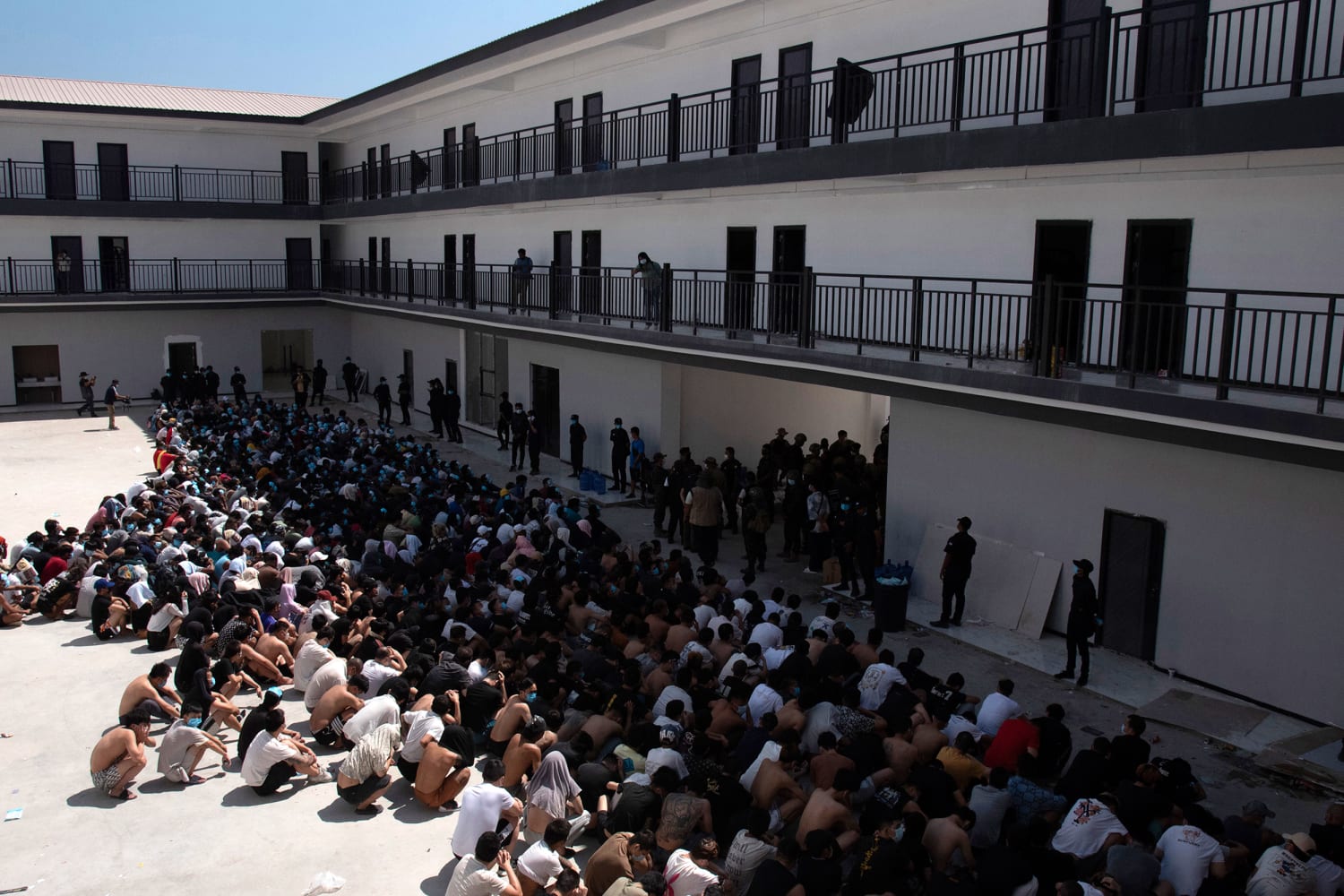A shadow economy of exploitation is exploding along the Myanmar–Thailand border, where sprawling scam centers run by crime syndicates—often protected by Myanmar’s military junta—have grown into one of the world’s largest hubs of human trafficking.
Rights organizations estimate that as many as 100,000 individuals may now be trapped in these complexes, lured under false pretenses of legitimate work before being forced into cyber fraud, financial scams, and extortion operations. Victims, many of them from across Asia and Africa, are routinely stripped of their passports, subjected to violence, and threatened with further harm if they attempt to escape.
What began as scattered trafficking networks in the wake of Myanmar’s 2021 military coup has now metastasized into a highly organized criminal infrastructure. Syndicates operate with impunity in areas under junta control, where weak governance and conflict have created fertile ground for lawlessness. These centers are often fortified compounds, guarded heavily, and linked to powerful figures with deep military and business ties.
The consequences are both humanitarian and geopolitical. Victims suffer abuse that rights advocates liken to modern slavery, while neighboring countries face rising cross-border crime and strained diplomatic relations with Myanmar. The scams, often targeting citizens across Asia, Europe, and North America, have also triggered international security concerns as billions are siphoned off through illicit digital operations.
Efforts to dismantle these centers remain fragmented. Thailand, Cambodia, and China have conducted limited rescue missions, but systemic crackdowns are hindered by Myanmar’s ongoing civil conflict and the junta’s reliance on illicit economies for survival. International human rights groups are calling for a coordinated global response, demanding sanctions, cross-border policing, and humanitarian intervention to rescue those trapped.
The rapid growth of Myanmar’s scam industry highlights a broader truth: when governance collapses, exploitation fills the void. Without stronger international pressure and regional cooperation, these scam centers will continue to expand, enriching crime syndicates and further entrenching human suffering in Southeast Asia.



